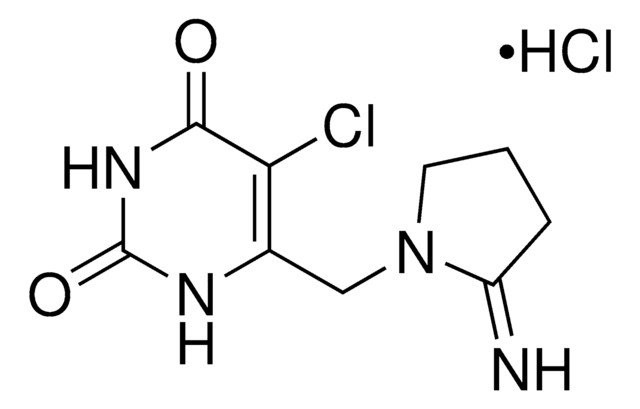AsPC-1
96020930, human pancreas (ascites meta), Not specified
Sinónimos:
ASPC1 Cells
About This Item
Productos recomendados
product name
AsPC-1, 96020930
biological source
human pancreas (ascites meta)
growth mode
Adherent
karyotype
Not specified
morphology
Not specified
products
carcinoembryonic antigen (CEA), human pancreas associated antigen, human pancreas specific antigen, mucin.
receptors
Not specified
technique(s)
cell culture | mammalian: suitable
relevant disease(s)
metastasis
shipped in
dry ice
storage temp.
−196°C
Cell Line Origin
Cell Line Description
Culture Medium
Subculture Routine
Other Notes
Certificados de análisis (COA)
Busque Certificados de análisis (COA) introduciendo el número de lote del producto. Los números de lote se encuentran en la etiqueta del producto después de las palabras «Lot» o «Batch»
¿Ya tiene este producto?
Encuentre la documentación para los productos que ha comprado recientemente en la Biblioteca de documentos.
Contenido relacionado
We offer more than twenty ECACC pancreatic cancer cell lines of human, rat, or mouse origin, including PANC-1. Choose cells based on mutations in KRAS, TP53, SMAD4, and other key genes, or by demonstrated suitability for applications such as toxicity, xenograft models, and drug response studies.
Nuestro equipo de científicos tiene experiencia en todas las áreas de investigación: Ciencias de la vida, Ciencia de los materiales, Síntesis química, Cromatografía, Analítica y muchas otras.
Póngase en contacto con el Servicio técnico


